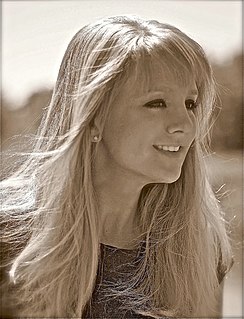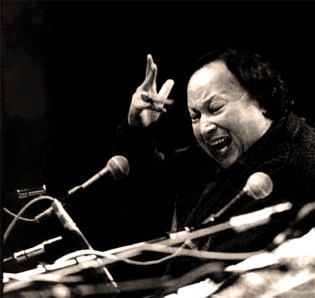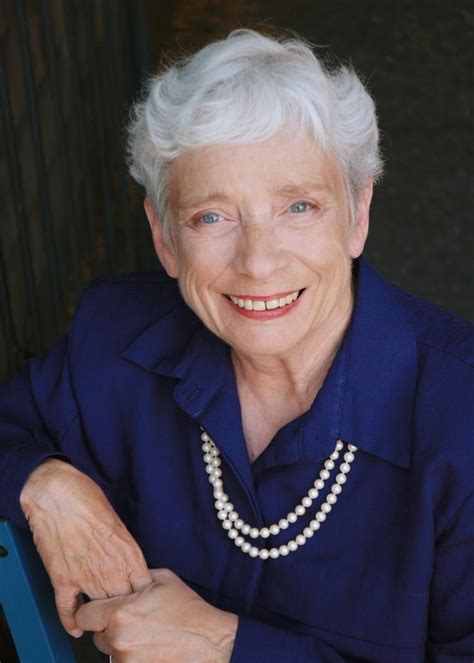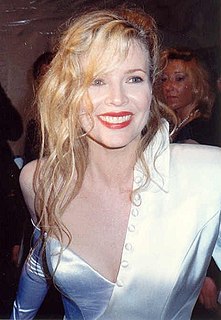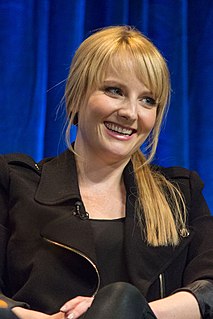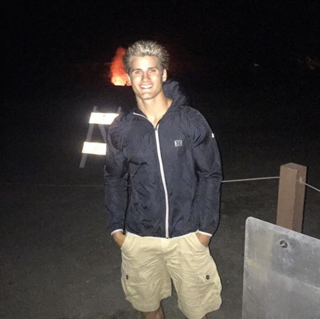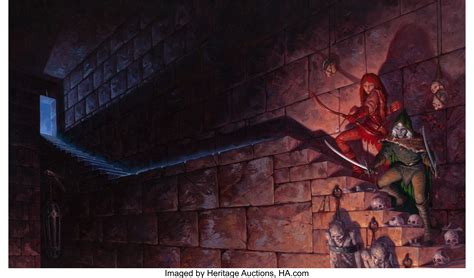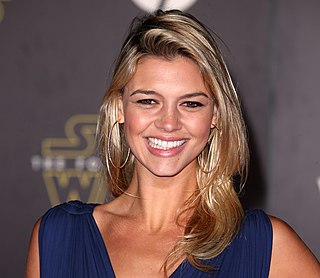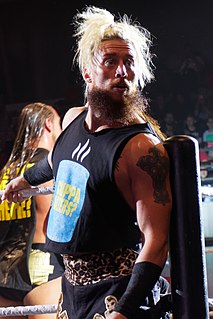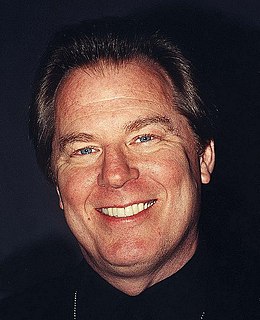A Quote by Jenna Blum
'The Lucky One' features a young concentration camp survivor named Peter Rashkin - who's about the age my dad was when he started at CBS - working at the Oyster Bar, trying to acclimate to his new country and outrun the memories of the daily he left behind.
Related Quotes
My dad had this incredible kindness that oozed through every part of his body. He had the ability to look at life positively in spite of what he went through. He was a Holocaust survivor. When he was 15-1/2 years old, he was liberated from the Dachau Concentration Camp by American soldiers who risked a lot to save people they had never met.
My dad, Bob Blum, used to dash across Grand Central's main terminal catwalk several times daily as a young CBS correspondent, running copy from newsroom to studio and back - because CBS' first broadcasts were from Grand Central Terminal. The pictures on people's television sets used to shake when the trains came in!
I went to the University of Georgia for a year before I left, and then I went to live with Eileen Ford in New York for the modeling agency. I thank god I could do that because all the other kids were getting jobs doing other things, and when I got to New York, I was very blessed. I didn't have to stop and be a waitress. I started making money at a very young age and was just very lucky.
He [Alan Lomax] started right off trying to find people who could introduce folk songs to city people. He found a young actor named Burl Ives and said, "Burl, you know a lot of great country songs learned from your grandmother, don't you know people would love to hear them?" He put on radio programs. He persuaded CBS to dedicate "The School of the Air" for one year to American folk music. He'd get some old sailor to sing an old sea shanty with a cracked voice. Then he'd get me to sing it with my banjo.
